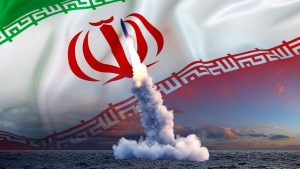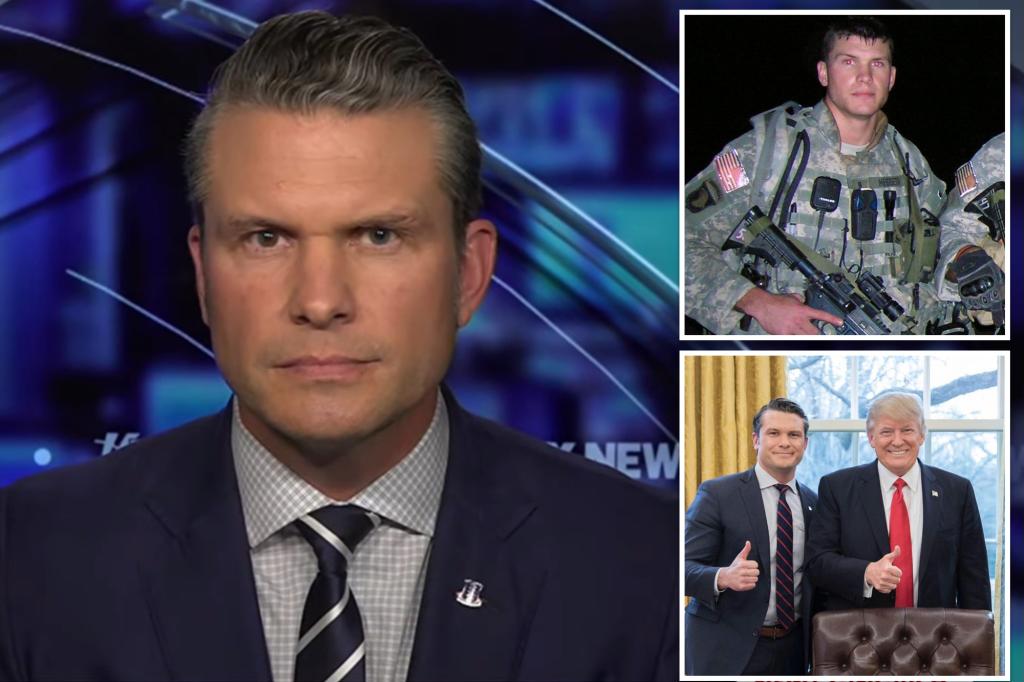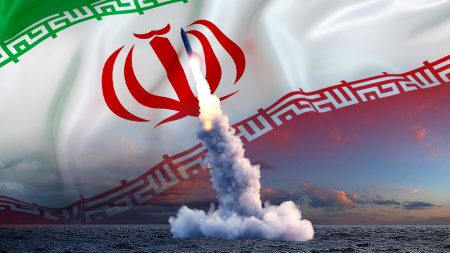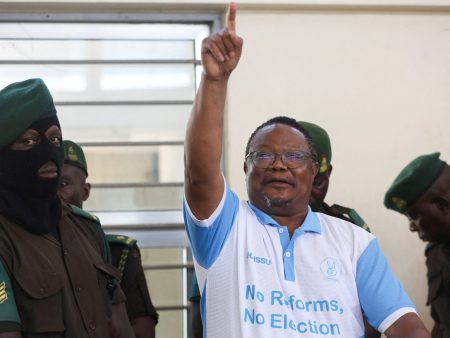Pete Hegseth’s nomination as Secretary of Defense has sparked controversy, primarily due to his past comments on women in combat roles. Hegseth, a 44-year-old Army veteran and former Fox News personality, has attempted to clarify his stance, emphasizing his support for all service members, regardless of gender. His previous statements, made on a podcast prior to his nomination, explicitly opposed women in combat, arguing that it diminishes military effectiveness and complicates operations. This position has drawn criticism, particularly from Senator Joni Ernst, a Republican and Army veteran who serves on the Senate Armed Services Committee. Ernst has expressed her desire for further clarification from Hegseth on this issue before committing her support to his nomination.
The intersection of gender and military service has been a subject of ongoing debate. Advocates for women in combat roles highlight their capabilities and the importance of equal opportunity. They argue that excluding women based on gender is discriminatory and overlooks the valuable contributions they can make in all military capacities. Conversely, opponents like Hegseth previously argued for maintaining traditional gender roles within the military, citing potential negative impacts on unit cohesion and operational effectiveness. This debate touches upon broader societal questions about gender equality, the evolving nature of warfare, and the optimal utilization of personnel within the armed forces.
Hegseth’s meeting with Senator Ernst, with whom he has a long-standing acquaintance, appears to have yielded positive results. He highlighted their prior relationship and her past support for his endeavors. Ernst subsequently described their discussions as “encouraging,” indicating a potential softening of her stance on his nomination. She also expressed her disapproval of the reliance on anonymous sources attacking Hegseth’s character, emphasizing her preference for a fair hearing based on verifiable information. This suggests a willingness to consider his nomination on its merits, despite her initial reservations.
Beyond the debate surrounding women in combat, Hegseth’s nomination faces additional challenges. Allegations of sexual assault have surfaced, further complicating his path to confirmation. Hegseth has acknowledged a settlement with a woman who accused him of sexual assault but maintains that the encounter was consensual and that he was cleared following an investigation. He welcomes the FBI background check as an opportunity to dispel these allegations and affirms his readiness to address the issue under oath with senators. This controversy adds another layer of complexity to his nomination and raises questions about his suitability for the role of Secretary of Defense.
Hegseth’s confirmation hinges on securing sufficient support within the Senate. With potential opposition from all Democratic senators, he can afford to lose no more than three Republican votes. This narrow margin underscores the importance of securing the backing of key Republican senators, including moderates like Susan Collins and Lisa Murkowski, with whom he has scheduled meetings. The outcome of these meetings will be crucial in determining whether he garners the necessary votes for confirmation. The Senate’s decision will ultimately reflect a complex evaluation of his qualifications, his past statements, and the various controversies surrounding his nomination.
Hegseth’s path to becoming Secretary of Defense is fraught with obstacles. He must navigate the controversy surrounding his views on women in combat, address allegations of sexual assault, and secure the support of a divided Senate. His ability to effectively address these challenges will determine whether he assumes leadership of the Pentagon. His nomination has ignited significant debate and underscores the intense scrutiny applied to individuals vying for top positions within the government. The outcome will have significant implications for the future direction of the Department of Defense and the role of women within the military.










